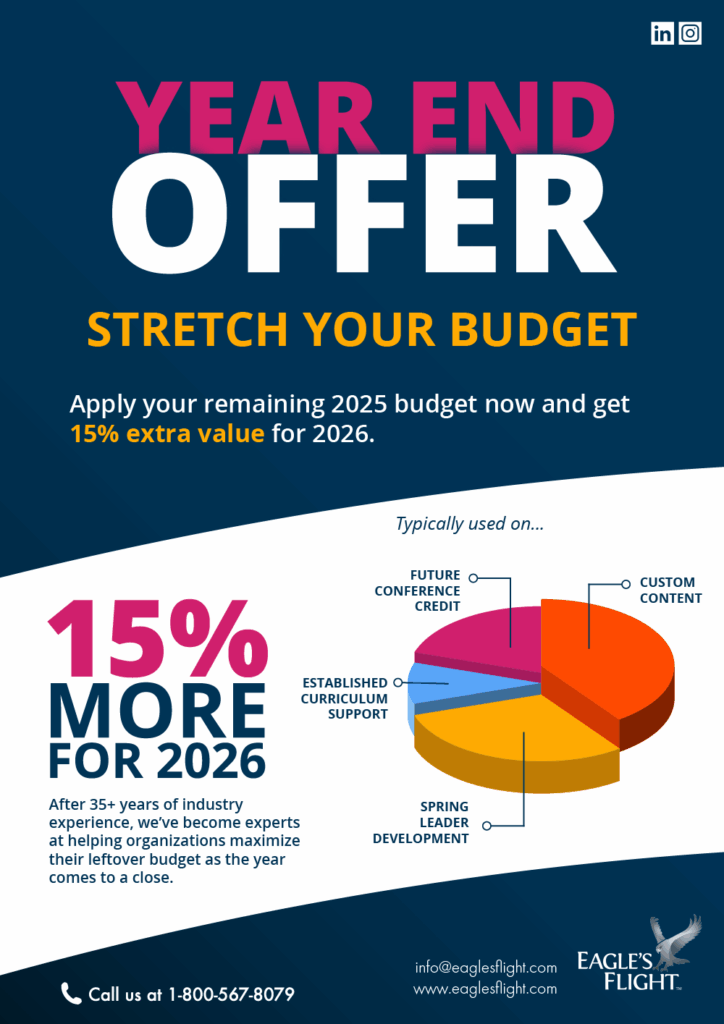Behavior Over Beliefs: Making Human Skills Stick
In today’s fast-paced, technology-driven world, it’s easy to focus on what we believe or aspire to be: our values, visions, and ideals. But beliefs alone don’t change behaviors. Real, lasting change happens when our actions align with those beliefs, especially when it comes to the human skills that define effective leadership, teamwork, and organizational culture. That’s the core idea behind “Behavior Over Beliefs”: focus on making human skills stick through consistent, intentional behaviors.
Who’s Ready to Lead by Doing, Not Just Believing?
This message is for leaders, managers, HR professionals, and anyone committed to growth and organizational excellence. If you’re working to develop your team, build a strong culture, or drive meaningful change, understanding how to translate beliefs into habits is essential. It’s also for individuals who want to improve their influence, collaboration, and resilience. No matter how much we believe in certain values, it’s our behaviors that truly make the difference.
Can You See Your Values in Motion?
Why does behavior matter more than beliefs? Because beliefs are intangible. They live in our minds and hearts. Behaviors, on the other hand, are visible, measurable, and impactful. They shape your organization’s culture and determine whether your values are lived out or simply written down.
When human skills such as empathy, accountability, communication, and adaptability become ingrained behaviors, they produce real results:
- Stronger trust and engagement within teams
- Better customer relationships and service
- A culture of continuous improvement and learning
- Greater resilience during change and uncertainty
- Leadership that inspires and influences authentically
Without attention to behavior, even the best intentions can stay surface-level. Making human skills stick through consistent action is the key to sustainable success.
Which Human Skills Are You Actually Practicing?
Here are essential human skills that organizations and individuals must embed into daily behavior:
- Empathy – Showing understanding and compassion toward others
- Accountability – Taking responsibility for actions and outcomes
- Effective Communication – Listening actively and expressing ideas clearly
- Resilience – Recovering from setbacks and maintaining optimism
- Adaptability – Embracing change and adjusting behavior
- Collaboration – Working well with others, sharing knowledge, and supporting success
- Integrity – Acting honestly and aligning actions with values
- Curiosity – Asking questions, seeking feedback, and staying open to learning
- Humility – Acknowledging limitations and valuing others’ contributions
- Patience – Allowing time for growth and progress
How Do We Turn Good Intentions Into Daily Habits?
Beliefs are important. They form the foundation of our values and aspirations. But beliefs alone don’t change behavior. Change happens through repeated effort, reflection, and a supportive environment. Here’s how to help human skills become second nature:
- Lead by Example: Leaders shape culture through behavior. When they show empathy, integrity, and accountability, others are more likely to follow.
- Reinforce Through Routine: Habits form through repetition. Use regular meetings, check-ins, and feedback moments to model and discuss key behaviors.
- Provide Practical Tools and Feedback: Offer tools like listening exercises or problem-solving frameworks. Give timely, constructive feedback so people can improve and grow.
- Recognize and Celebrate Behavior: Highlight examples of desired behaviors in action. Recognition helps reinforce values and motivates others.
- Create a Culture of Psychological Safety: People are more willing to take risks and show vulnerability when they feel safe. Support open dialogue and learning from failure.
- Align Systems and Processes: Build human skills into hiring, performance evaluations, and development plans. Structure supports sustainability.
- Be Patient and Persistent: Behavioral change takes time. Progress may be slow, but steady reinforcement creates long-term transformation.
What’s Getting in the Way of Real Change?
Changing behavior is challenging because habits are deeply embedded. Like steering a large ship, it takes time and intention. The key is to focus on small, repeatable actions that align with your values. These daily choices build momentum.
For example, if you want to strengthen empathy on your team, don’t just encourage it, model it. Share personal experiences, actively listen, and celebrate those who demonstrate care and understanding. Over time, empathy becomes the norm.
It’s also easy to fall back into old habits, especially under stress. That’s why reinforcement, coaching, and accountability are so important. Leaders must stay consistent in their example.
If Culture Is What We Do, What Are You Doing?
Beliefs give us direction, but behavior creates the outcome. It is through what we do, not just what we say, we build culture, earn trust, and drive real change.
When human skills become practiced behaviors, organizations become more resilient, innovative, and human-centered.
Change doesn’t require a grand leap. It begins with a choice. Then another. Then another.
If you’re ready to turn beliefs into lasting behavior and make human skills stick, start small. Model what matters. Stay consistent. Create space for growth. The results will come.
Hope this helps with your leadership development questions. If you’d like to explore how Eagle’s Flight can support your organization in embedding these behaviors through experiential learning, feel free to contact us here






